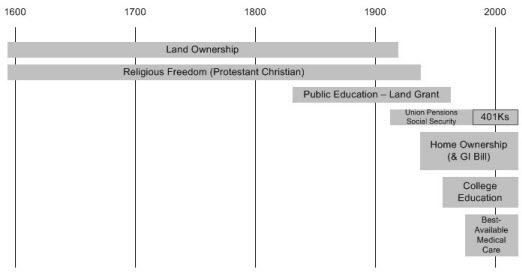Smith, Lee, The Strong Horse: Power, Politics, and the Clash of Arab Civilizations , Doubleday, 2010, 256 pp.
, Doubleday, 2010, 256 pp.
Strong Horse is a series of conversations, observations and recollections of the author’s experiences in the Middle East over the last decade … focusing on Cairo, Beirut, Israel and Damascus. Living in Brooklyn, Smith took the events of 9/11 as a personal challenge to study in the region. That led him to discussing the political and social culture of the Arab world with individuals as varied as Sufi scholars, Koranic recitators, Lebanese Druze warlords, and Cairo doormen … engaging as well with more famous names such as Naguib Mahfouz (Egyptian Nobel Laureate in Literature), Edward Said, Omar Sharif, and Natan Sharansky.
As the title of the book suggests, Smith feels the conflicts of the Middle East are largely an internal clash of Arab civilizations and involve the “captive” peoples (Copts, Druze, Christians, Jews, Sufis, Shia, etc.) who must somehow survive with Sunni majorities and governments in the region. The spillover of violence into the West, while constant, is therefore largely a secondary effect. The key question, the author believes, is over “who’s the real Muslim?” Since that bloody debate, by definition, doesn’t extend to the infidels, violence in the non-Muslim world is usually some form of manipulation in benefit of domestic agendas. The evidence of the last decade suggests the Arabs reserve the lion’s share of their bile and violence for each other. Though they provide unrelenting warnings about the dangers of inciting further violence by Muslims (through American actions in Iraq and Afghanistan), such concerns never seem to translate into a lighter hand by authorities within the region. It is this observation which leads Smith to propose that “strong horse” politics was, is, and will be, a enduring principle in the Middle East … and widely supported by Arabs of every persuasion.
For Smith, Arab antagonism to Americans and Westerners is fundamental, being as they are neither Muslim nor, more importantly, Arab. The various Arab tribes and sects who feud endlessly amongst themselves do not permit any profound reconciliation with the Other, either across the religious and ethnic boundaries or within them. Muslim willingness to leverage Western allies against other Muslim powers is built right into Islamic history, as outlined with methodical effort in Efraim Karsh’s Islamic Imperialism: A History , reviewed earlier on chicagoboyz here.
, reviewed earlier on chicagoboyz here.
The author’s conclusion after his travels and conversations over the last decade is that “overthrow, domination, and eventual collapse” is a political pattern long established amongst the Arab tribes, largely reinforced (not introduced) by Islam, recognized for over half a millennium by Arab historians, and it shows little or no sign of change in the 21st century. The strong horse is the model for successful political change in the region. It was not chosen as a metaphor by Osama Bin Laden on a whim. And it resonates deeply within Arab culture. It is the aspiration of all participants in the political process in the Middle East, in Smith’s belief … and any discussion of peace (as opposed to interim truce) is a form of cultural betrayal. And punished accordingly. Despite the fact that this cultural habit reiterates destructive cycles without end, it cannot be relinquished without giving up a fundamental cultural narrative. The toxic results are self-evident to modern Arabs but if Smith is to be believed, they are caught in a situation where all they can do is “double down” on the model of political change that has served them very poorly in the past. Struggling to cope with the impact of two centuries of Western technology and culture, the Arab hope is that an Arab Strong Horse will arise. The reality is that it is the United States, and inadvertently Israel, that have found themselves in the role of Strong Horse in the Middle East. The burden of the role is that all parties in the region look to gain favor and/or manipulate the destruction of their domestic and regional competitors by playing games with the Strong Horse. As Smith quotes in passing, Arabs are better at feuding than warring. At the point at which they are able to escalate conflict to war, inevitably it is their culture and self-regard that pays the price. What was true of Napoleon in Egypt is now true of America in the Middle East.
Read more
, John Wiley 2009, 241 pp.
